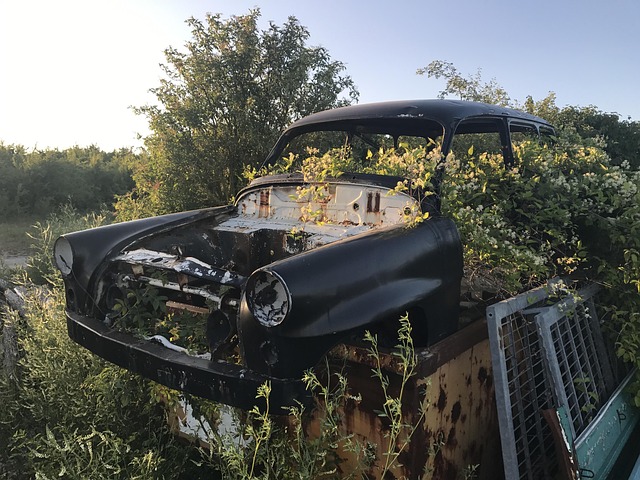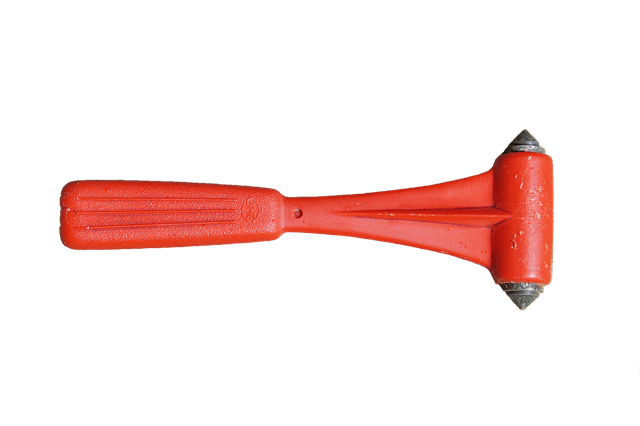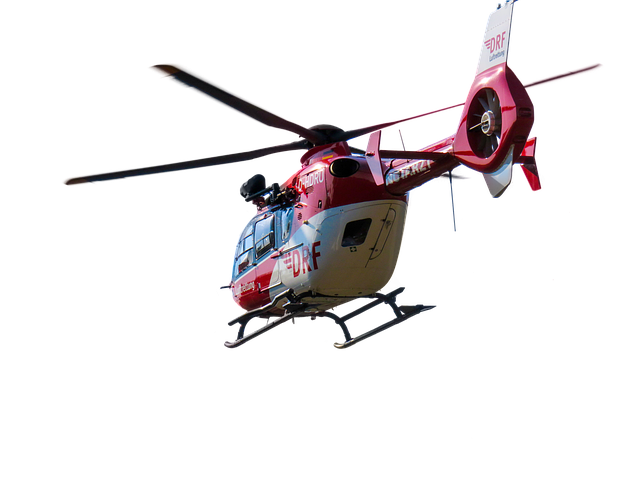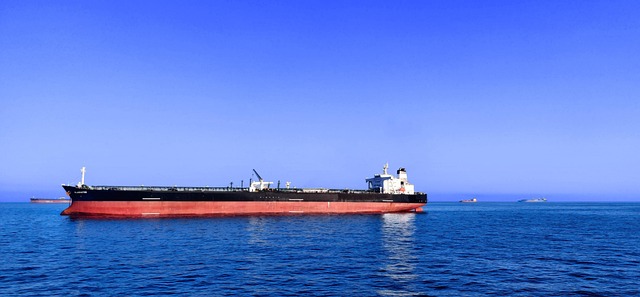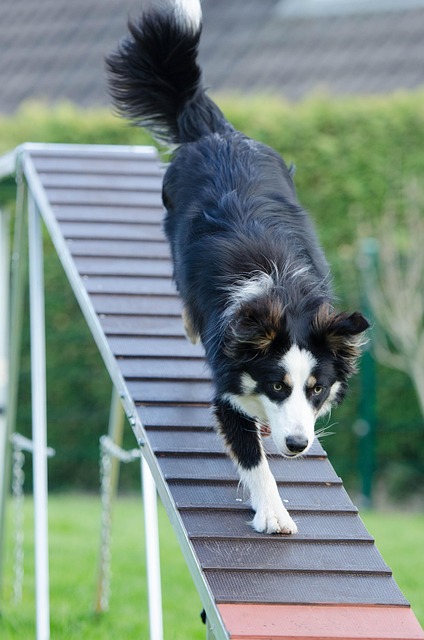The MC306 Rollover Tanker Accident Training Unit is a cutting-edge simulation prop designed to replicate real-world rollover incidents involving large tank trucks, offering drivers and emergency responders a safe, controlled environment to learn and practice critical skills. With its realistic 3D visualization, interactive scenarios, and customizable settings, the MC306 enhances learning outcomes by fostering practical skills and quick decision-making under pressure, contributing to safer operations in the transportation industry. This versatile tool simulates various hazards like mechanical failures, cargo issues, and extreme weather conditions, making it an invaluable asset for fleet safety programs and regulatory compliance. By safely practicing emergency maneuvers without risking physical damage or endangering lives, professionals gain crucial skills for stability management, spill containment, and rapid response, ultimately reducing reaction times and improving decision-making in real emergencies.
“The MC306 rollover tank truck simulation prop is a groundbreaking tool in the realm of driver training, specifically tailored for hazardous materials transport. This innovative device offers an immersive and safe environment to prepare drivers for potential tanker accidents. By simulating various scenarios, from mechanical failures to emergency stops, it enhances critical decision-making skills.
Designed with realism and safety as priorities, this simulation unit is a game-changer in the industry, enabling comprehensive training while minimizing risks.”
- Understanding the MC306 Rollover Tank Truck Simulation Prop
- Key Features and Benefits of This Training Unit
- Realism and Safety in Simulating Tanker Accidents
- Different Scenarios and Applications for MC306
- Setting Up and Using the Simulation Equipment
- Impact on Driver Training and Emergency Response Preparation
Understanding the MC306 Rollover Tank Truck Simulation Prop

The MC306 Rollover Tanker Accident Training Unit is a sophisticated simulation prop designed to replicate the dynamics of a rollover incident involving large tank trucks. This training tool offers a safe, controlled environment for drivers and emergency responders to learn and practice critical skills in managing such hazardous situations. By simulating real-world scenarios, it enhances preparedness and improves decision-making abilities during actual emergencies, making it an invaluable asset in the field of transportation safety.
This prop includes features that mimic the behavior of a tanker truck during a rollover, allowing trainees to experience firsthand the challenges posed by these accidents. The MC306 provides a unique opportunity for hands-on training, enabling participants to develop effective strategies for vehicle stabilization, emergency exit procedures, and incident management. With its realistic design and functionality, it serves as a game-changer in tanker accident prevention and response training.
Key Features and Benefits of This Training Unit
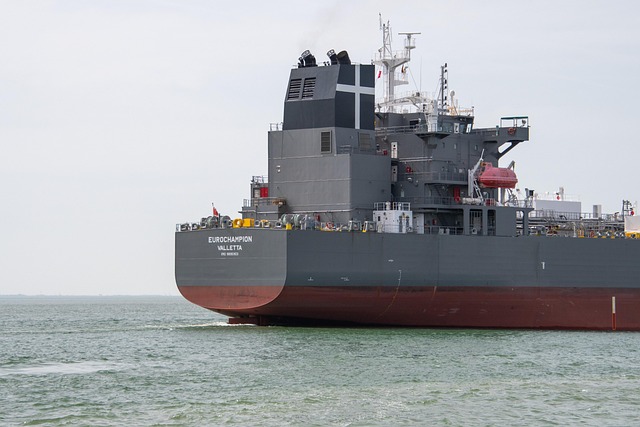
The MC306 rollover tank truck simulation prop is a cutting-edge training unit designed to address the critical need for comprehensive tanker accident training. Its key features include realistic 3D visualization, interactive scenarios, and customizable settings, allowing trainees to experience high-risk situations in a controlled environment. This innovative approach enhances learning outcomes by fostering practical skills and quick decision-making abilities under pressure.
Benefitting from advanced technology, the simulation unit offers unparalleled realism, ensuring that operators gain invaluable experience without putting themselves or others at risk. The ability to simulate various tanker accident scenarios, from mechanical failures to hazardous material leaks, prepares trainees for real-world challenges. Moreover, the training unit promotes a deeper understanding of safety protocols and emergency response procedures, ultimately contributing to safer operations in the transportation industry.
Realism and Safety in Simulating Tanker Accidents
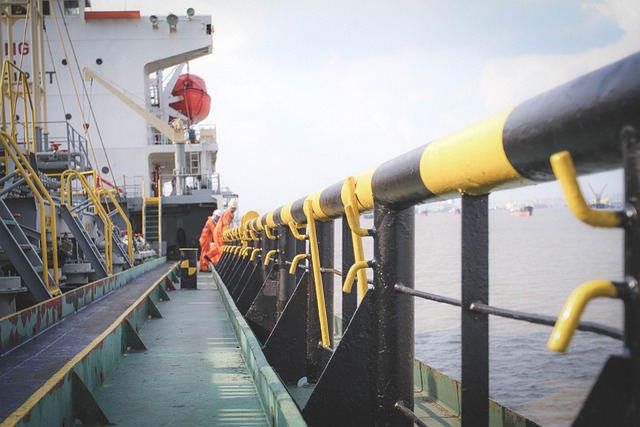
Simulating tanker accidents is a critical aspect of ensuring safety in the transportation industry, especially with the widespread use of rollover tank trucks. These simulations provide an immersive training unit for drivers and emergency responders, allowing them to experience and react to potential hazards in a controlled environment. By replicating real-world scenarios, from mechanical failures to driver error, these exercises can dramatically improve response times and decision-making during actual emergencies.
Realism is key here; the simulation must accurately represent the physics of a rollover, including vehicle dynamics, fluid dynamics, and environmental factors. Advanced technologies like motion capture, 3D modeling, and force feedback systems help create a vivid, lifelike experience. This level of detail not only enhances training but also raises awareness of the inherent risks associated with tanker transport, ultimately contributing to safer roads.
Different Scenarios and Applications for MC306
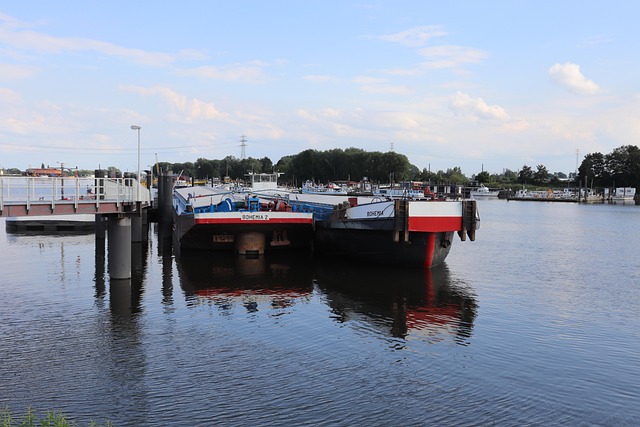
The MC306 rollover tank truck simulation prop offers a versatile platform for various training scenarios, catering to diverse needs in the trucking industry. One prominent application lies in preparing drivers and emergency responders for potential tanker accidents. By simulating real-world conditions, this unit enables practitioners to practice containment procedures, emergency exits, and hazardous material response strategies without the risks associated with live tank trucks.
Beyond accident training, the MC306 can be utilized in scenario-based learning to address other critical situations such as mechanical failures, cargo securing issues, or extreme weather conditions. This adaptability makes it an invaluable asset for fleet safety programs, offering a safe and controlled environment to enhance driver skills and ensure compliance with industry regulations, ultimately contributing to reduced risks on the road.
Setting Up and Using the Simulation Equipment
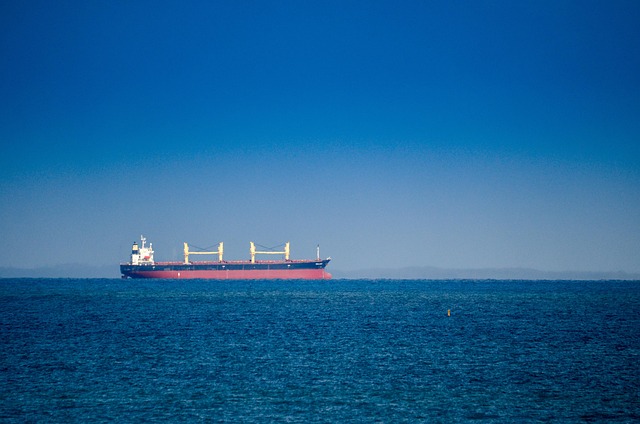
Setting up the MC306 rollover tank truck simulation equipment is a crucial step in preparing for effective tanker accident training. The unit, designed to mimic real-life scenarios, offers an immersive experience for drivers to enhance their safety skills. It involves connecting various components such as hydraulic systems, sensors, and control panels, ensuring precise control over the truck’s movements. Once assembled, users can engage with the simulation, practicing emergency maneuvers and responding to potential hazards without risking physical damage or endangering lives.
Utilizing this advanced training tool allows drivers to familiarize themselves with complex operations in a controlled environment. The tanker accident training unit provides realistic feedback, enabling learners to refine their techniques for loading, unloading, and navigating heavy cargo. With its comprehensive simulation capabilities, drivers can significantly improve their reaction times and decision-making skills, ultimately contributing to safer highway practices.
Impact on Driver Training and Emergency Response Preparation
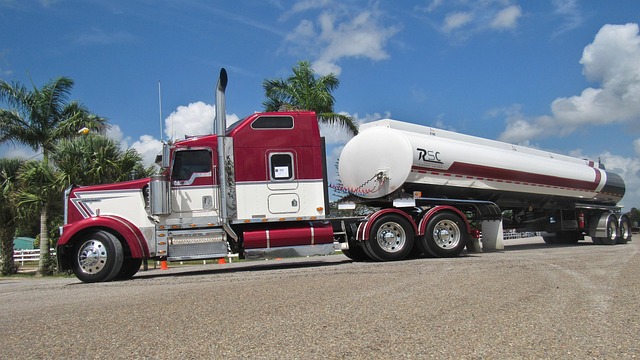
The MC306 rollover tank truck simulation prop significantly enhances driver training and emergency response preparation by providing a safe, controlled environment to practice hazardous scenarios. This advanced training unit allows drivers to experience the complexities of tanker accidents without risking personal safety or damaging real equipment. By simulating realistic rollovers and other incidents, drivers can develop crucial skills for stability management, spill containment, and rapid response.
Incorporating this simulation into training programs equips professionals with the knowledge and confidence needed to handle emergencies effectively. It enables them to familiarize themselves with the specific challenges posed by rollover tank trucks, such as potential fuel leaks and the risk of secondary accidents. Through regular practice, drivers can reduce reaction times, improve decision-making under pressure, and ultimately contribute to safer operations in the field.

